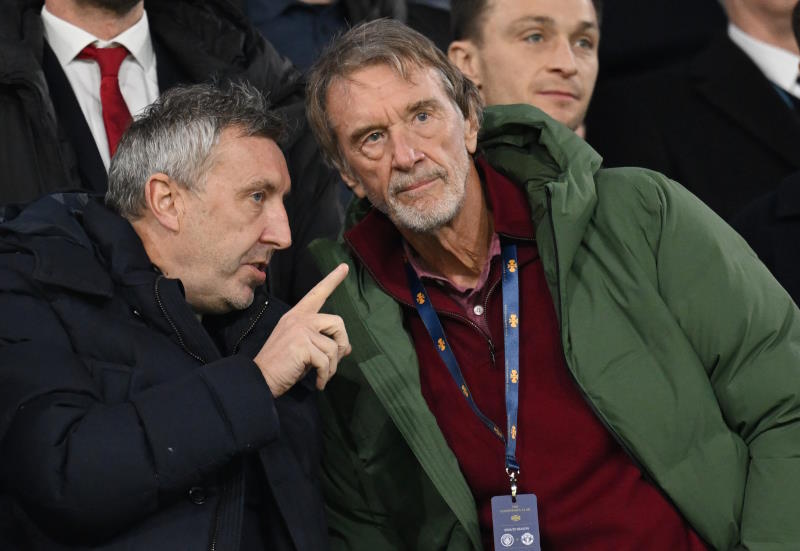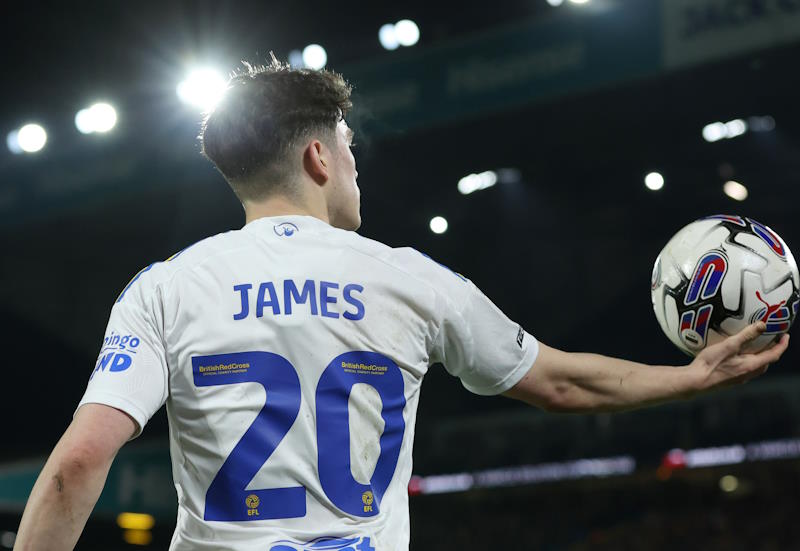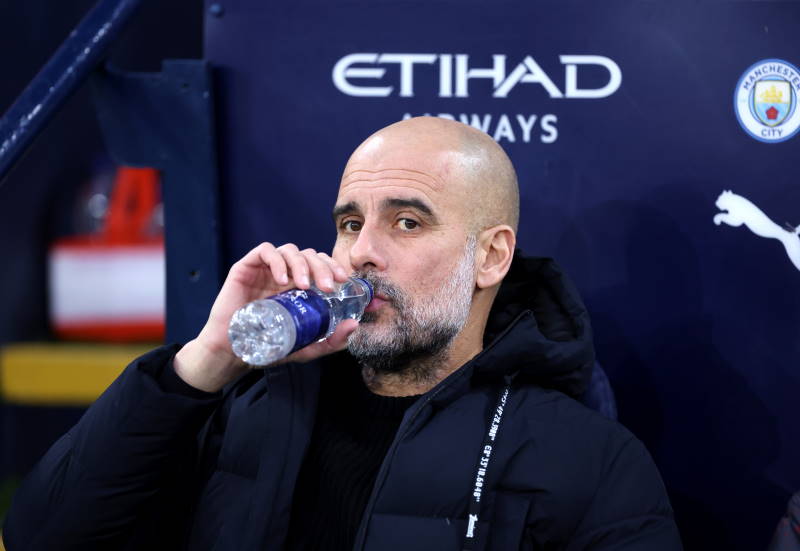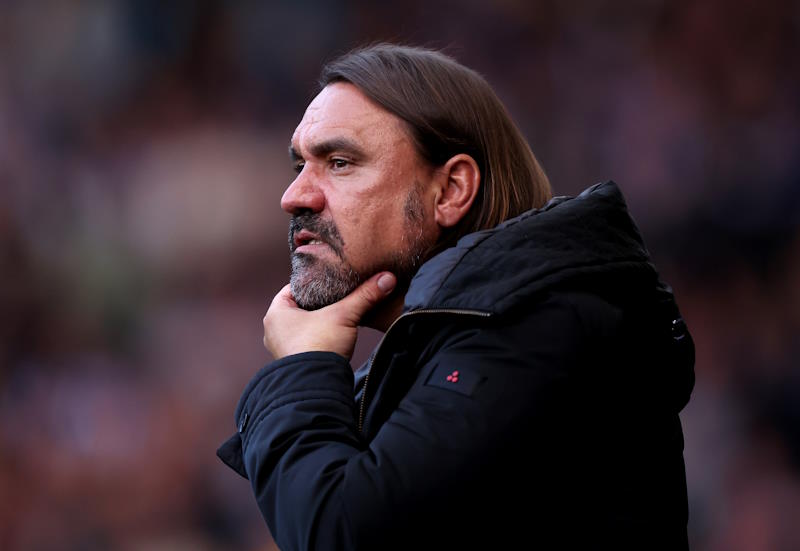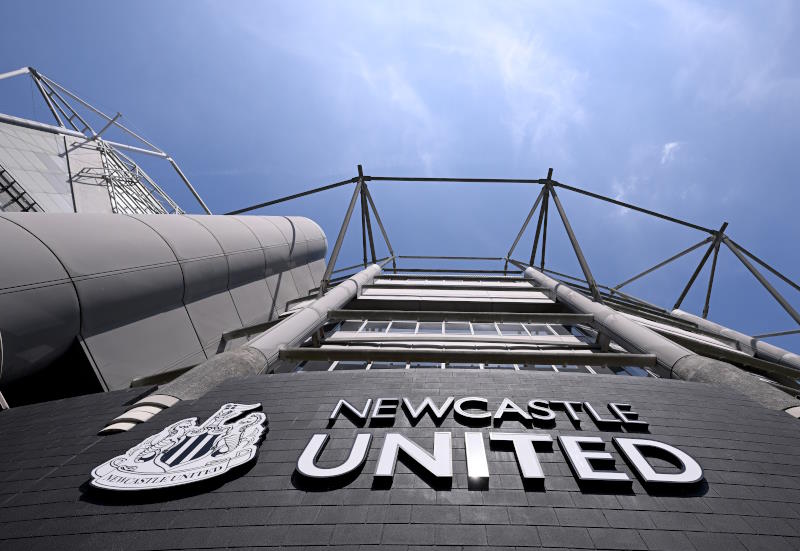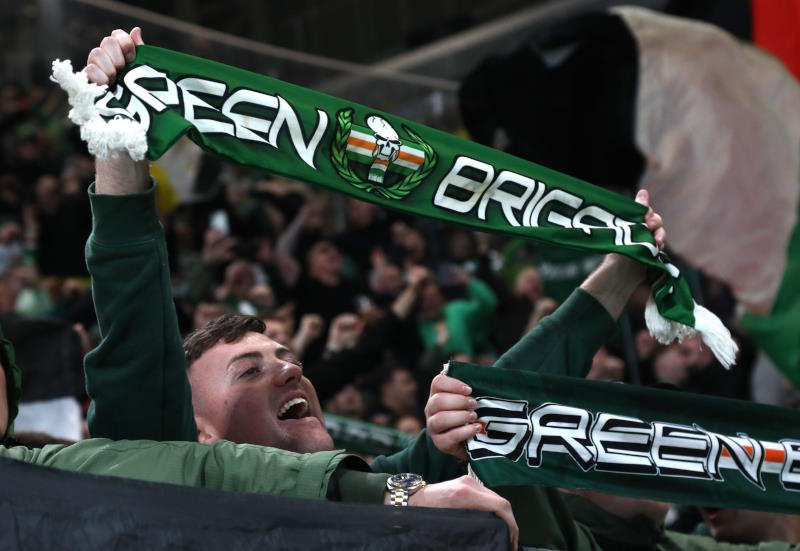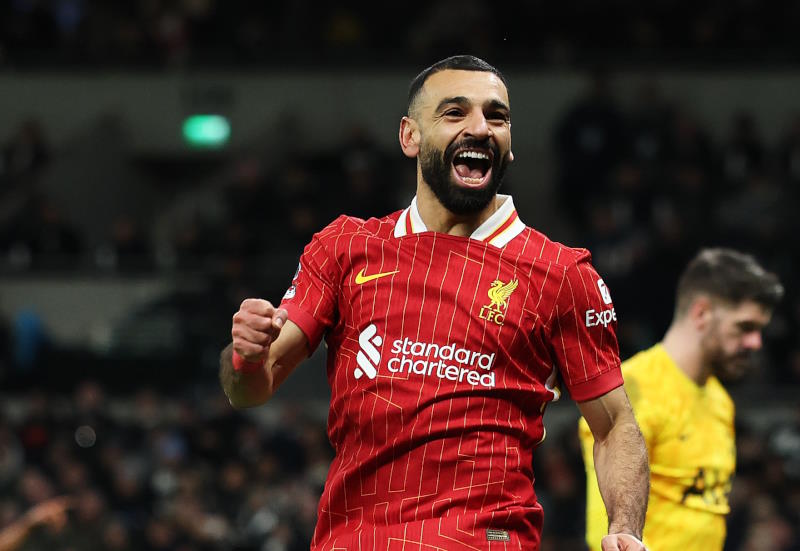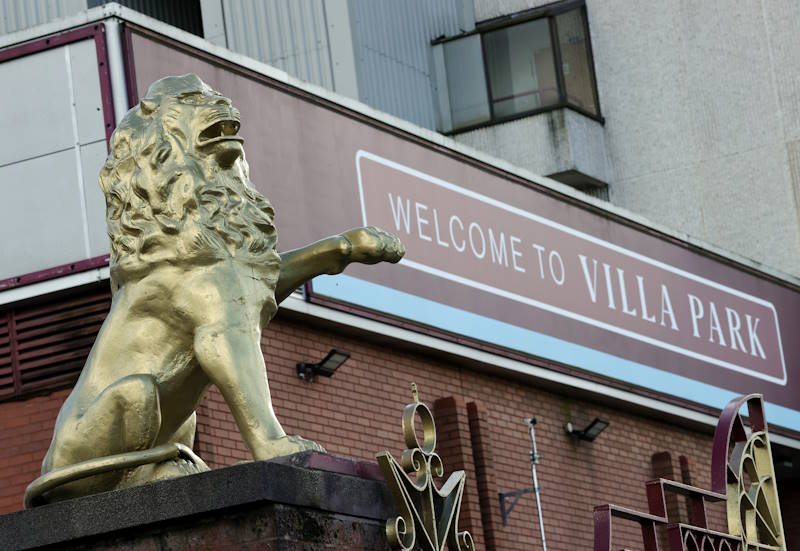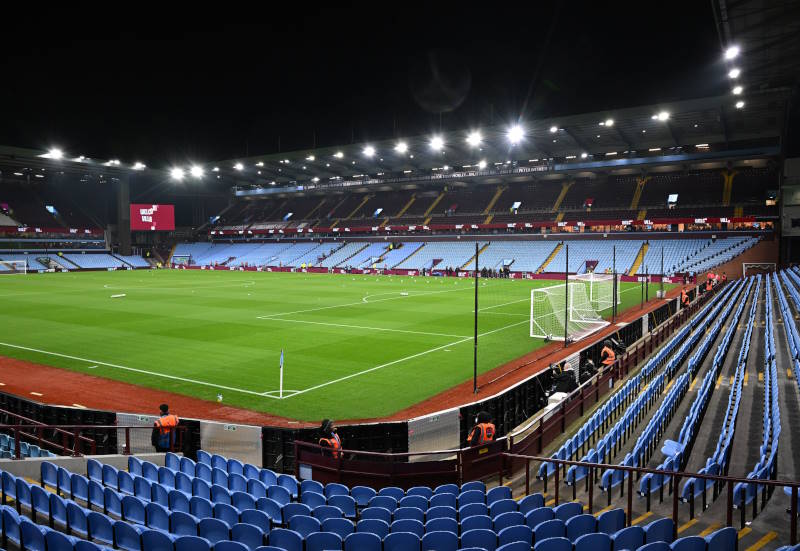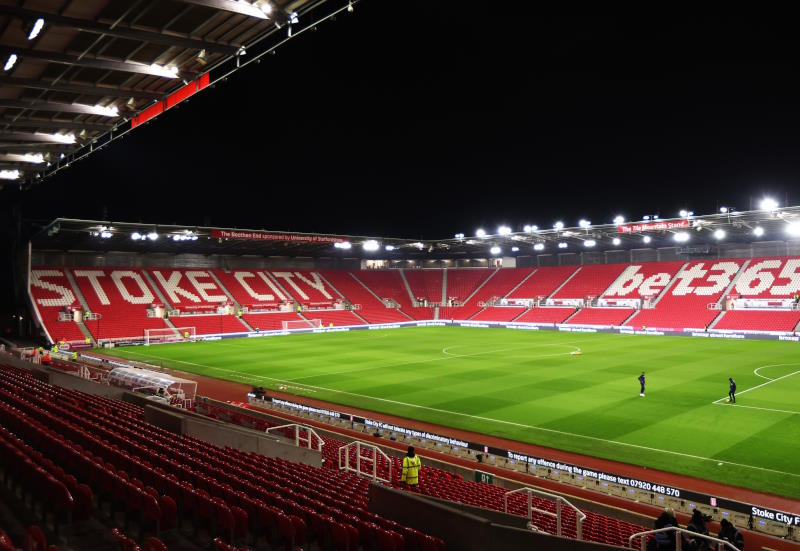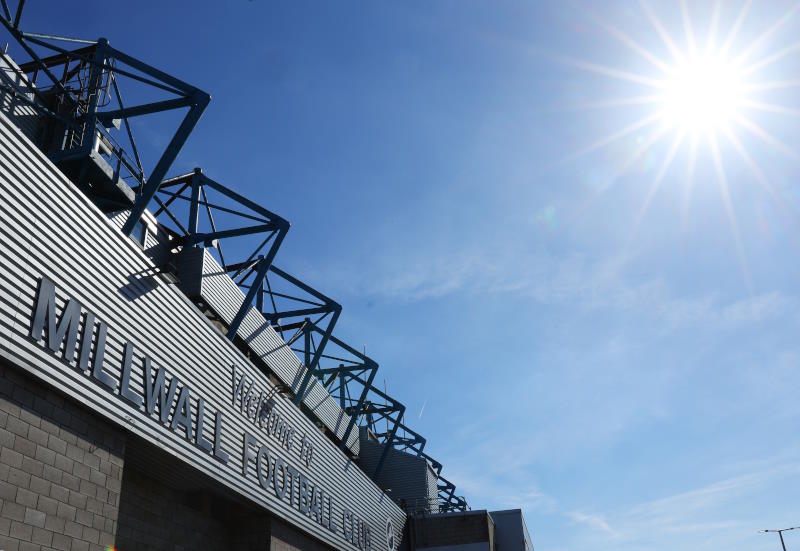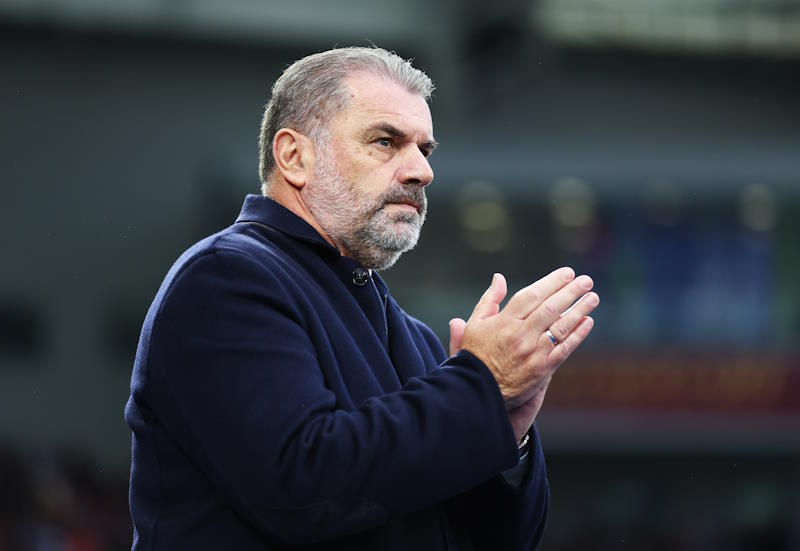
Football managers are not really known for their verbal dexterity – for every shimmering Bill Shankly witticism or acerbic aside there are thousands of straight-bats to supine questions, cliche-ridden clunky dialogue or the sort of obfuscation worthy of a primetime politician. Occasionally though a manager will make a statement that defines their career, from Sir Alex Ferguson’s cry of “Football – bloody hell!” after that night in Barcelona and Arrigo ‘You don’t need to be a horse to be a good jockey” Sacchi to Jose “The Special One” Mourinho.
Listening to Andre Villas-Boas speaking after his appointment as Tottenham Hotspur manager, much of his extensive replies could be summed up more laconically. Indeed, two words would have done – “If only.” If only he had been allowed the time by Roman Abramovich to turn the season around, Chelsea could still have been successful under him; if only he had signed more of the players he tried to in the summer, precipitating a clearout of recalcitrant veterans; if only he had been more diplomatic – amid the promises of expansive football were a number of caveats to the first failure of a fledgling career as a superstar of football management.
At least Villas-Boas’ confidence is not shaken by his unfortunate stint at Stamford Bridge, but is White Hart Lane really the next stop on the road to managerial immortality? The main question in this respect is whether or not Spurs are title contenders, as without such foundations a chance for redemption will be beyond the ex-Chelsea manager. In this respect it is not only their reputation for flakiness that counts against Spurs, but the economic landscape of modern football that makes such a challenge so steep.
The White Hart Lane side may have finished fourth in two of the last three seasons, their highest position since the early 1990s, but this had as much to do with the spectacular collapse of Liverpool – just as Manchester City’s billion-dollar blunderbuss blew everyone else out of the water – as it did with Harry Redknapp’s nous in the transfer market. With the Reds threatening a resurgence under Brendan Rodgers, City looking increasingly assertive at the summit and the usual suspects Arsenal, Chelsea and Manchester United spending big to improve squads that for all their various vulnerabilities outperformed Spurs, the difficulties in achieving this ambition seem to be increasing.
Keeping Emmanuel Adebayor is a big step towards establishing themselves in the Champions League places, but Luka Modric’s likely move to pastures new is a massive loss – the Croatian has the metronomic playmaking powers of Xavi or Andrea Pirlo, the sort of deep-lying conductor that British sides struggle to deal with and find impossible to produce. Villas-Boas has already earmarked FC Porto’s Joao Moutinho as a replacement, but despite his excellent showing in Euro 2012 the Portuguese may need a while to adapt to the rhythms and rigours of English football. If this is the case, the midfield of Scott Parker/Sandro and new-boy Gylfi Sigurdsson could struggle to provide a suitably creative platform to feed both Adebayor and Spurs’ wingers.
Other likely departures should be manageable – Rafael van der Vaart looks to be on the way out, but he would not necessarily fit into Villas-Boas’ favoured 4-3-3, much as he has struggled in a similar formation for Holland, while Ledley King’s injuries and William Gallas’ age mean the defence is hardly losing two top-class stoppers, especially with Jan Vertonghen’s arrival from Ajax. But with Manchester City and Chelsea in particular spending heavily, Spurs need to match that just to stand still.
As well as replacements for Modric and (probably) Van der Vaart, Tottenham could do with another left-back and winger to provide at least competition and ideally improvements on Benoit Assou-Ekotto and Aaron Lennon, while a striker or two are needed to back up Adebayor and Jermain Defoe following Roman Pavlyuchenko’s return to Russia. The Swansea pair Neil Taylor and Scott Sinclair could be cheap(ish) and youthful options for the full-back and winger-cum-striker slots, while Manchester City’s Adam Johnson may thrive if given regular football and Gareth Bale, who tends to be more effective running from deep than on the left of the trident in Villas-Boas’ signature 4-3-3, could finally be given the galloping left-back role he was originally intended for (though some still have doubts over is defensive deficiencies).
The striker situation is a different matter entirely – there just are not that many goal-machines about, while those that exist and work well in Villas-Boas’ favoured formation (Radamel Falcao, Hulk or James Rodriguez, the past, present and future of Porto’s attack) are far too expensive for Spurs. This could lead to the sort of square-pegs-in-round-holes that derailed the three-year plan at Chelsea, where John Terry could not work in the high defensive line and Juan Mata was isolated on the wing in a narrow-minded side. It is easy to see where the problems would then come and how a repeat of the ideological schisms which precipitated Chelsea’s loss of form and eventual coup d’etat could occur.
It is not all bad news – Tottenham’s reputation for slick pass-and-move football should give the Villas-Boas philosophy a more receptive audience than Chelsea’s cash-rich, patience-devoid nouveaux riches, and the prospect of Assou-Ekotto/Bale and Kyle Walker flying forward from full-back to support a mobile front three, with Sigurdsson bursting into the box, should frighten defences even in the early transitional months. With a favourable first few fixtures a flying start is possible, and as Newcastle showed last year a strong opening can be sustained throughout the season.
In many ways this refinement of playing staff, allied to a more refined tactical approach, could see Spurs well-placed to improve on the progress of the Redknapp era – with King retired and Gallas dumped in favour of Caulker and Vertonghen, they should be a faster and more flexible defensive unit, whilst having the likes of Bale and Adebayor bearing down on the opposition would worry even the most experienced enforcers.
If Tottenham start well the issues with Modric’s departure, Redknapp’s sacking and indeed Villas-Boas’ arrival will all fade away. But if it all falls apart and the manager leaves under a cloud, saying “if only” again will only talk him out of the top rank of managerial talents, forever in the shadow of “The Special One” against whom he will always be compared.

